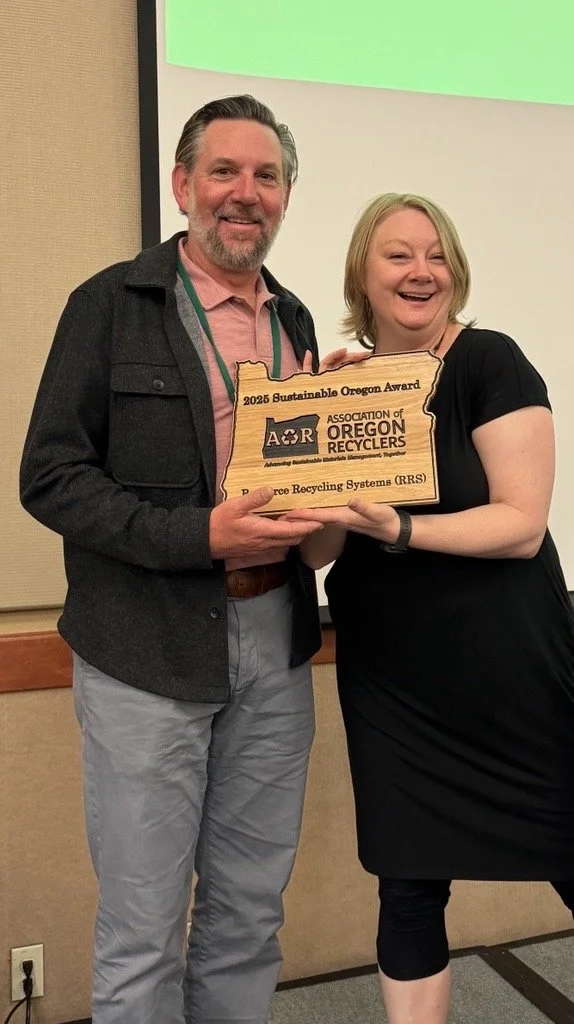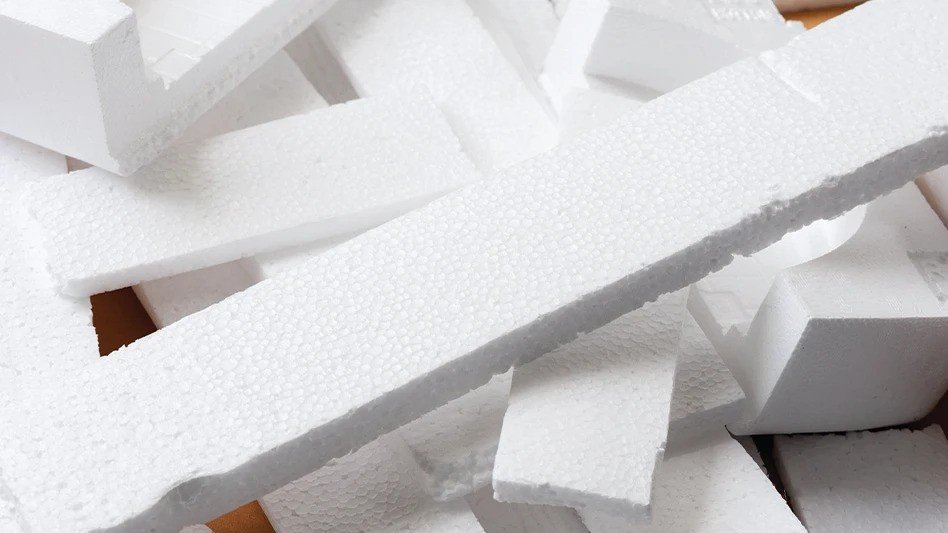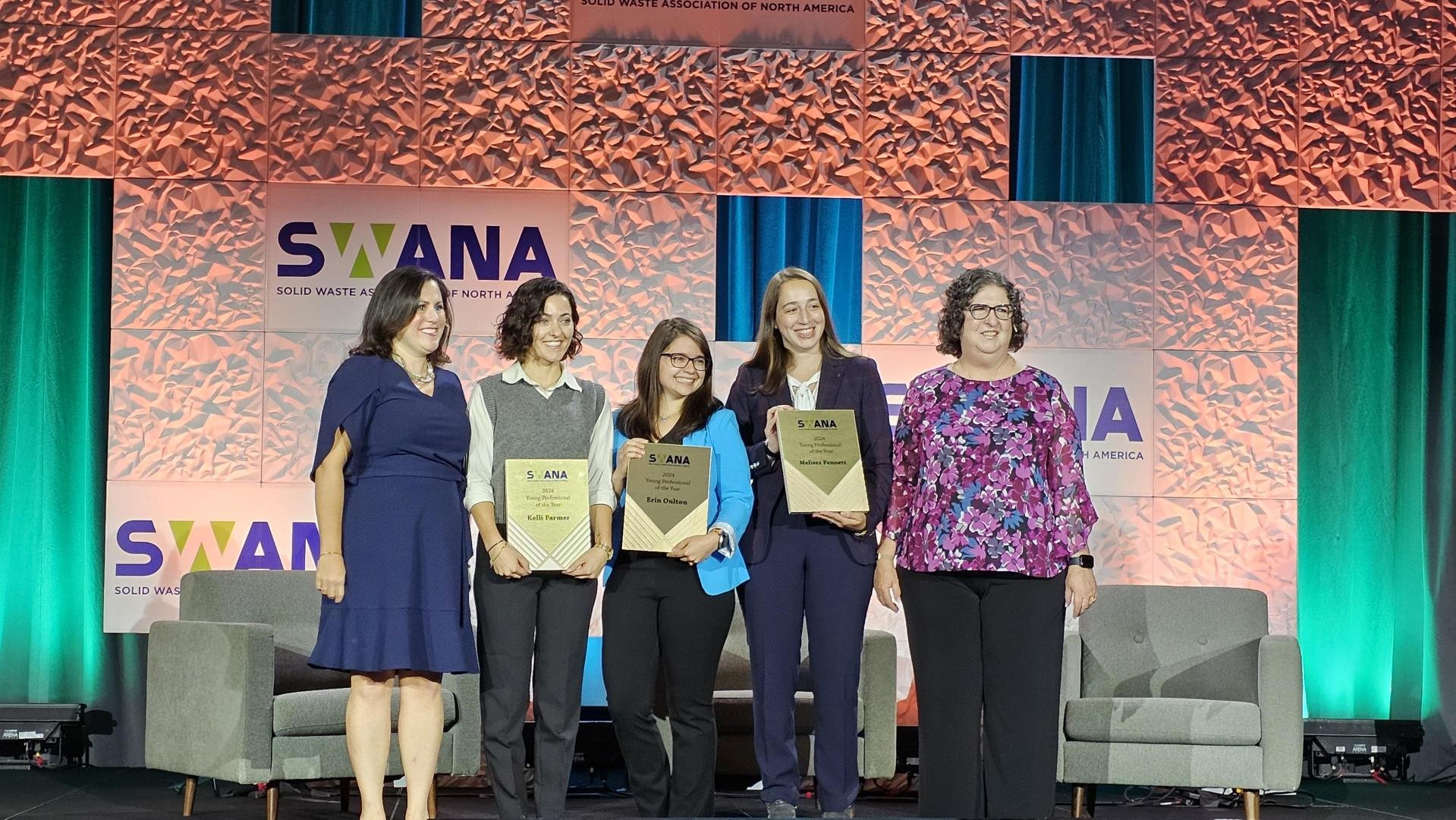Latest
Our work is customized to each client’s situation. Connect with us to scope out how we can support your organization’s specific needs.
CSMM, with support from RRS, released Current Recycling Systems in NYS, a statewide report detailing recycling access, costs, and performance while identifying opportunities to improve equity and strengthen climate outcomes.
Explore the legal foundations of Michigan’s Part 115 MMPs in this RRS webinar featuring expert insights and a live Q&A with attorney Robert Charles Davis and RRS Director of Client Services Anna Lynott.
Closed Loop Partners, with support from RRS, released a best practices guide to help U.S. MRFs optimize recycling operations and prepare for expanding EPR programs.
The Poly Coated Paper Alliance (PCPA) — managed by RRS — has launched a renewed national strategy to make poly-coated paper products like cups and ice cream tubs a routine part of curbside recycling.
As part of UB’s Zero Waste Plan, RRS helped design strategies for campus-wide organics capture—now realized through student apartment composting.
RRS announces its next chapter as Resa Dimino and Catherine Goodall are to become co-CEOs in 2026, continuing the company’s legacy of collaboration and innovation. Co-founder and current CEO Jim Frey will step into a strategic advisor role working with clients and business development strategy.
RRS partnered with Public Thread to transform retired conference banners into functional, upcycled swag. This project reflects our commitment to real-world circularity and highlights the power of reuse, local collaboration, and creative material recovery.
Colorado Springs is expanding recycling access with support from the state’s producer responsibility law and a waste study led by RRS and Colorado Circular Communities, revealing only 17% of recyclables are currently diverted.
Learn packaging EPR compliance with EPR Academy™ — self-paced training, expert instructors, practical tools, and certification.
A report from Suppliers Partnership for the Environment, developed with RRS and Fisher Packaging, offers strategies and a playbook to improve recycling of automotive plastic packaging and advance a circular economy.
Two RRS consultants, Isabelle Borkowski and Keira Higgins, have been named to Recycling Today and ReMA’s 2025 30 Under 30 awards, recognizing young leaders shaping the future of recycling and the circular economy.
RRS and Circular Action Alliance have received the Innovator of the Year award for their collaborative work developing Oregon’s statewide recycling system plan under the nation’s first EPR law for packaging. The plan, grounded in data and shaped by input from across Oregon, sets a new standard for implementing extended producer responsibility policies. With a focus on infrastructure mapping, stakeholder engagement, and equity, this award-winning effort offers a blueprint for modern, inclusive recycling systems nationwide.
At this year’s Michigan Recycling Coalition (MRC) Conference, RRS played a leading role in conversations shaping the future of materials management in Michigan. From Jim Frey’s inspiring keynote on the state’s recycling evolution, to insights on construction debris recovery and the energy of the NextCycle Michigan mini-showcase, RRS helped spotlight the progress, challenges, and innovations driving a more circular Michigan.
The NextCycle Michigan Seed Award Program is now accepting applications for early-stage projects that aim to keep materials out of Michigan’s landfills. With awards of $8,000 to $10,000, this grant opportunity helps businesses, nonprofits, and public-sector partners test new ideas, scale promising solutions, and close gaps in our circular economy.
The Glass Recycling Foundation (GRF) is helping to close critical gaps in the U.S. glass recycling system by funding on-the-ground projects that make a measurable difference. From collection infrastructure to public education, GRF grants empower communities to improve access to glass recycling, reduce contamination, and boost recovery rates.
RRS welcomes seven new shareholders, expanding employee ownership and strengthening leadership to drive innovation in sustainable materials management.
RRS is heading to the Plastics Recycling Conference 2025! Connect with us on your plastic and textile needs.
New research from RRS, commissioned by the Aluminum Association and Can Manufacturers Institute (CMI), confirms that aluminum beverage cans move from recycling bin to newly formed can in less than 60 days. With 97% of recycled aluminum beverage cans becoming new cans, this study highlights aluminum’s role as one of the most efficient and sustainable packaging materials.
Learn how aluminum’s closed-loop recycling system reduces waste, saves energy, and strengthens the circular economy.
The NextCycle Sustainable Packaging Accelerator and NextCycle Michigan are now accepting applications through March 31. These programs provide business and technical support to projects that help divert materials from landfills and strengthen circular economy initiatives. The Sustainable Packaging Accelerator focuses on improving packaging recyclability and efficiency in Michigan and Ohio, while NextCycle Michigan supports public and private sector projects aimed at expanding recycling infrastructure and supply chain solutions within the state. Both programs offer expert coaching, funding pathways, and a final showcase event to connect participants with investors and industry leaders.
The Plastics Industry Association (PLASTICS) has formed the Polystyrene Recycling Alliance (PSRA) to increase the availability and effectiveness of polystyrene recycling in the U.S. The initiative brings together various stakeholders, from manufacturers to recyclers, with the shared goal of achieving widespread recyclability for polystyrene by 2030. RRS is playing a role in helping guide the strategy through a detailed plan that focuses on expanding recycling systems and raising awareness about sustainable practices.
The growing waste challenge in Summit County and Park City, Utah, is attributed to the influx of visitors and the success of local ski resorts. Recycle Utah has proposed a new $25 million recycling facility to address these challenges, diverting waste and reducing pressure on the county's rapidly filling landfill. The plan includes working with RRS to analyze current waste management practices and improve diversion efforts for a more sustainable future.
Effective recycling education requires strategic planning to overcome barriers like language differences, accessibility issues, and confusion about messaging. RRS consultants shared insights at the Resource Recycling Conference on how to design impactful communication campaigns, highlighting the importance of audience understanding, avoiding jargon, and utilizing multiple channels to reinforce messages and boost recycling participation.
The Plastics Industry Association (PLASTICS) has launched the Polystyrene Recycling Alliance (PSRA) to advance polystyrene recycling across the U.S. Collaborating with brands, recyclers, and other stakeholders, the initiative aims for “widely recyclable status” by 2030. RRS is playing a key role in developing a comprehensive roadmap to guide this effort, focusing on expanding infrastructure and educational initiatives.
Anne Johnson, Vice President of Global Corporate Sustainability, discusses key trends in packaging recycling, including technological advancements, standardized recycling practices, and the rise of extended producer responsibility (EPR). She stresses the importance of industry collaboration to address challenges such as contamination and gaps in infrastructure, while also emphasizing the crucial role of consumer education in improving recycling outcomes.
Suppliers Partnership for the Environment (SP), an association of global automakers and their suppliers, today announced the publication of a new report, “Moving Automotive Supply Chain Plastic Packaging Toward a Sustainable Circular Economy: Full Report and Playbook,” developed in collaboration with Resource Recycling Systems (RRS).
The recycling industry is evolving rapidly, with materials recovery facilities (MRFs) facing challenges like stricter regulations, new technologies, and shifting market dynamics. Recycling veteran Michael Timpane shares insights on how MRF operators can adapt to these changes, manage risks, and seize opportunities to ensure long-term stability and growth.
Advancing PET thermoform recycling requires innovative solutions and collaboration, as highlighted in the PET Thermoform Cost and Material Flow Analysis by RRS and FPI. Discover key findings, challenges, and strategies to improve recycling for clamshells, cups, and other PET packaging.
Resource Recycling Systems (RRS) is entering an exciting new chapter with a transition to employee ownership, a refreshed brand identity, and a redesigned website. Since its founding in 1986, RRS has been committed to sustainable solutions, and these updates reflect the company's continued evolution as a leader in circular economy and materials management consulting. The changes underscore RRS’s mission to drive measurable impact through innovative, collaborative solutions.
Erin Oulton was selected as one of SWANA’s Young Professionals of the year in 2024 for her contributions to the industry.






























Learn how Michigan’s Part 115 MMPs gain structure and enforceability in this webinar featuring legal expertise from Robert Charles Davis and a practical Q&A with RRS Director of Client Services, Anna Lynott.